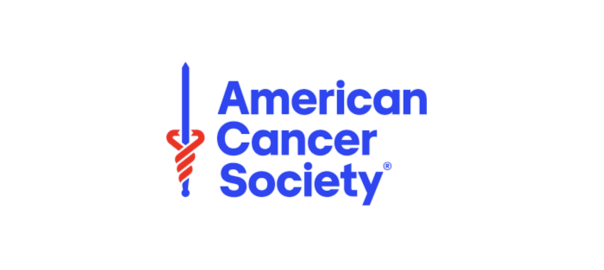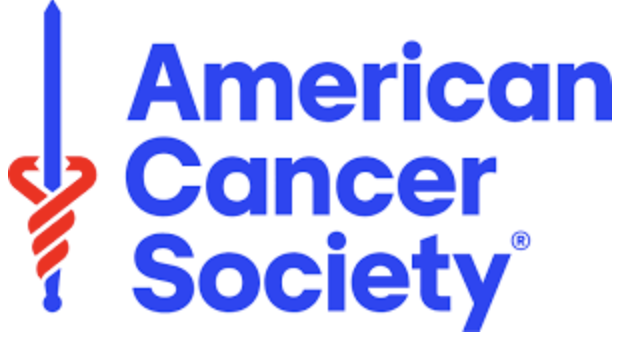
New ACS Study Finds Racially and Economically Segregated Communities in New York City Increase Advanced-Stage Breast and Cervical Diagnoses
American Cancer Society researchers stress the need for community-specific strategies to confront barriers obstructing timely cancer diagnosis in segregated neighborhoods
ATLANTA, July 23, 2025 — In a new study led by the American Cancer Society (ACS), scientists found that people living in racially and economically segregated neighborhoods in New York City (NYC) were more likely to be diagnosed with advanced-stage breast and cervical cancer. Colorectal cancer was studied, but no disparities were found. This study is the first to use census-tract data—the most granular geographic level available from cancer registries—to examine how racialized economic segregation influences advanced-stage diagnoses of all three major screenable cancers at once. The findings are published today in the Journal of the National Cancer Institute (JNCI).
“Our research shows that structural barriers in segregated neighborhoods continue to delay diagnosis for breast and cervical cancers—even among individuals eligible for screening,” said Dr. Qinran Liu, post-doctoral fellow, cancer disparities research at the American Cancer Society, and lead author of the study. “But there is positive news. We found no disparities in stage at diagnosis for colorectal cancer. This may in part reflect the impact of local equity-focused initiatives for early detection of colorectal cancer in New York City. However, the results for colorectal cancer may not be applicable to other areas, especially those without such early detection initiatives.”
Researchers analyzed nearly 100,000 cancer cases from New York State Cancer Registry data (2008 – 2019), including all diagnosed cases of breast (58,970), cervical (4,790), and colorectal (34,689) cancers. Each cancer case was assigned a neighborhood segregation score that captures both racial and economic factors. After grouping NYC neighborhoods into four categories from least to most segregated, researchers compared incidence rates of early versus late-stage cancer diagnoses across those quartiles.
Study results showed that advanced-to-localized stage incidence-rate ratios (IRRs) were significantly higher in areas that were both economically deprived and racially concentrated (either non-Hispanic Black or Hispanic) compared to the most affluent and non-Hispanic, White-concentrated areas for breast and cervical cancer. All racialized-economic segregation measures showed increasing IRRs with higher segregation for both cancers. No disparities were observed for colorectal cancer.
“Our findings have direct implications for cancer prevention and early detection efforts by identifying neighborhoods with the greatest disparities in stage at diagnosis,” Liu added. “This information can inform targeted resource allocation and guide interventions such as patient navigation services and investments in healthcare infrastructure—strategies that can facilitate earlier diagnosis with the goal of improving outcomes.”
“This study underscores the role of demographic data in identifying disparities in cancer risk, incidence, diagnosis, and outcomes, and helping inform tailored strategies and outreach efforts to address these disparities,” said Lisa A. Lacasse, president of ACS’s advocacy affiliate, the American Cancer Society Cancer Action Network (ACS CAN). “Policies that use existing demographic data to identify and prioritize neighborhoods with the most significant disadvantage, along with policies that increase access to timely, affordable care, are key to the fight against cancer. Protecting federal funding for the National Center for Chronic Disease Prevention and Health Promotion and the Division of Cancer Prevention and Control at the Centers for Disease Control and Prevention is essential to ensure the continuation of lifesaving programs that provide millions of cancer screenings, support state cancer registries, and deliver critical prevention, early detection and survivorship services to communities across the country.”
Other ACS researchers contributing to the study include Dr. Daniel Wiese, Dr. Jordan Baeker Bispo, Dr. Ahmedin Jemal, and senior author Dr. Farhad Islami.
Additional ACS Resources:
- Cancer Disparities Research
- Neighborhood/Built Environment and Health Disparities
- Patient Programs and Services
# # #
About the American Cancer Society
The American Cancer Society is a leading cancer-fighting organization with a vision to end cancer as we know it, for everyone. For more than 110 years, we have been improving the lives of people with cancer and their families as the only organization combating cancer through advocacy, research, and patient support. We are committed to ensuring everyone has an opportunity to prevent, detect, treat, and survive cancer. To learn more, visit cancer.org or call our 24/7 helpline at 1-800-227-2345. Connect with us on Facebook, X, and Instagram.

